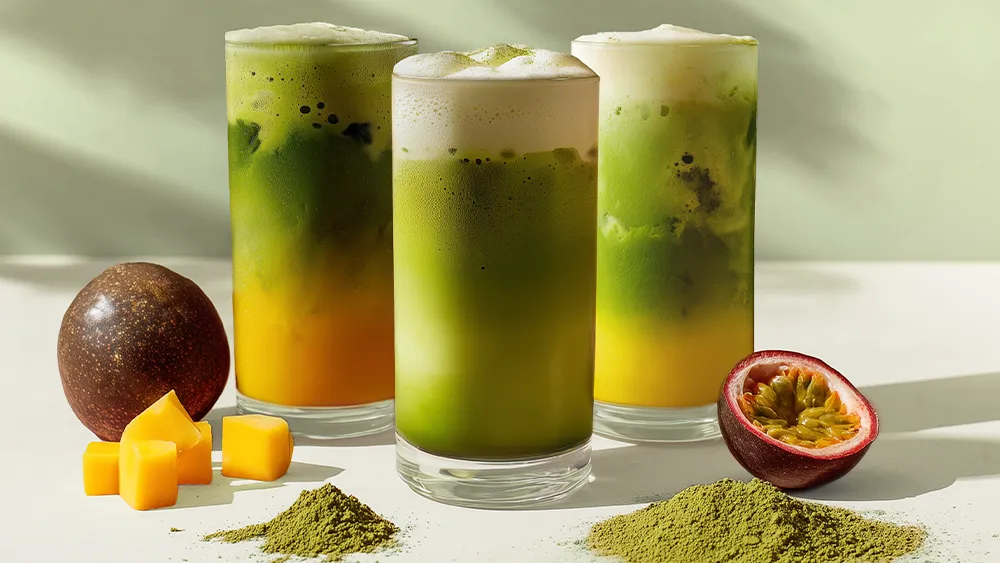
Need a hit healthy menu? QSRs dial up the Dietitians
Full-on collaborations with certified food experts are becoming the norm.
In our interviews with dietitians currently employed in various quick service restaurant (QSR) brands, it’s clear that their roles have expanded from product quality checkers to full-time menu makers, nutrient database managers and consumer educators.
Menu Creation
“Originally I was just involved in the nutritional analysis of the Sumo Salad menu items,” said Georgina Moore, a dietitian at Sumo Salad, the healthy salad and snack franchise. “Now I am more involved in development of the menu and working with the Sumo Salad team to put ideas forward for each season’s salad and menu focus.”
Ms Moore said that alongside checking Sumo Salad offerings for their health and nutritional value – the traditional role of dietitians when QSRs started hiring them as the demand for healthy food boomed – she now also works with the team to pick out tasty options.
“Although health is my number one priority, I know that unless something tastes good, people won’t be eating it,” said Ms Moore.
At Ali Baba, which had just rolled out the world’s first superfood kebab, the taste-setting contributions of in-house dietitian Joanne Turner were also palpable.
“It’s essential to maintain the authentic flavours that made the brand so popular in the first place, so it’s important QSRs, their chefs and the Dietitian to work very closely together like we have done to make it a success,” said Ms Turner who is also an exercise physiologist.
The Ali Baba dietitian said that she is now part of the whole product development process, and supports the brand “by continuing to implement their reduced sodium strategy as well as continue to increase the range of healthier choice options.”
Nutrient Database Management
Dr. Gina Levy, a dietitian with Healthy Habits, a healthy food franchise with 28 stores nationwide, has also seen her role broaden into a custodian for the brand’s in-house nutrition database.
She recalls how her responsibilities have evolved from “initially setting nutrient targets for menu development then progressing into advising the menu team on recipes to deliver optimum nutrient impact” to now also developing and maintaining nutrient databases and customer nutrition information.
Consumer Education
Dietitians across all interviewed QSR brands even contribute to crafting pitch-perfect communications so that the health advantage they have painstakingly created for their products gets across to consumers, creating premium value for their products.
Ms Moore, the Sumo Salad dietitian, said she is involved with educating the brand’s consumers on how and why it is important to choose healthier food. One specific area of concern is the growing trend among competing fast food brands to mislead consumers with their supposedly healthy products.
“There are a lot of fast food outlets that hide behind the one health benefit of their product. A product may be sold as low in fat for example, but if you look at the nutrition information, that product may actually be really high in added sugar and even higher in sodium,” said Ms Moore.
Meanwhile, Dr. Levy said she is similarly tasked with infusing Healthy Habits products with appealing health zingers. “My role traverses to working with the marketing team to develop communications around the benefits and unique flavor profiles of the new menu for both consumers and key stakeholders.”
For Baker’s Club, a specialty fresh bread producer, a dietician helps the fast-growing brand attract more customers. “A dietitian helps us ensure that we are getting the correct messages to our customers and potential customers. Having a dietitian on board also helps introduce our products into the minds of the health organizations,” said Christian Coenen, the owner of Baker’s Club.
But even as more Australians clamor for more food choices, actual adoption is slower in reality as bad habits are hard to break, according to Ms Turner of Ali Baba, which is where the dietitians comes in to try and reinforce the health message.
“Consumers demand change, but are sometimes slow to adopt the changes they requested. We need customers to come and try the new products and new menu items regardless of whether they are healthy or not as they can only stay on the menu if they are popular. It’s not really a concern but more an exciting challenge to continue to find ways to further improve the brand’s nutritional credentials,” said Ms Turner.
Despite the speed bumps in adoption, Ms Turner believes that the healthy food revolution is charging full speed ahead, with dietitians riding close at the helm.
“The role of a dietitian is changing, because QSRs are changing to meet growing consumer demands for healthier alternatives. With 8.5 million Australians overweight, 3 million with diabetes or pre-diabetes, and an exponentially growing number of cardiovascular and other lifestyle diseases, it’s inevitable that the demand for a healthier food supply will grow,” she added.
























